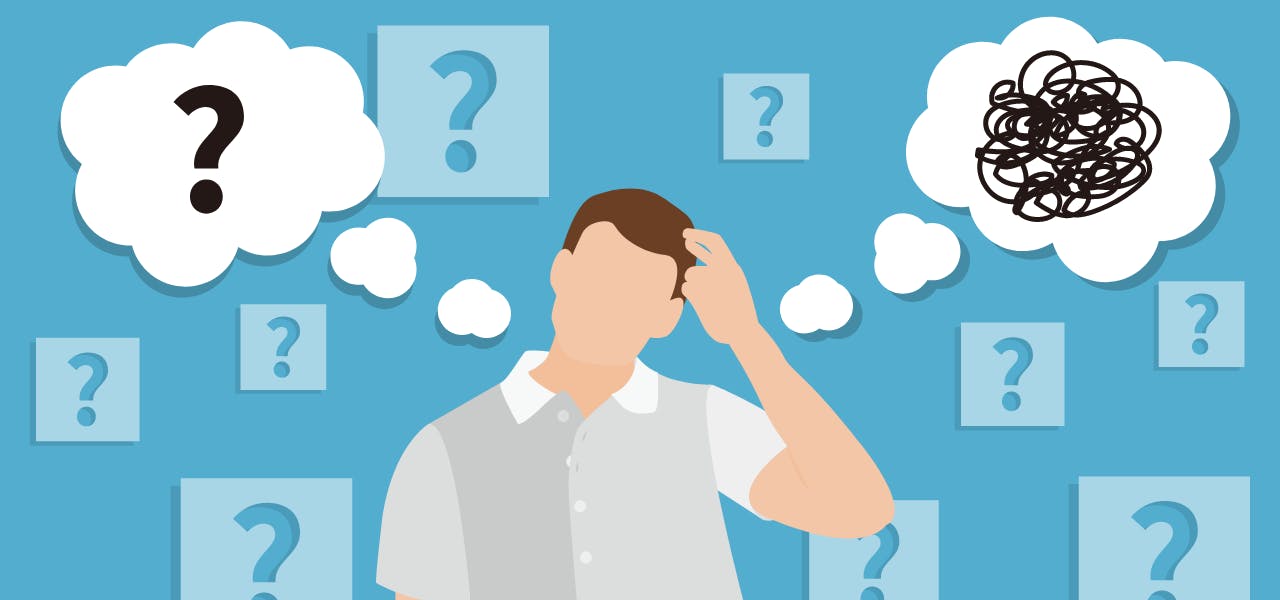Why do we experience self-doubt? Where does it come from and how does it manifest and sometimes capture us from what we’re trying to accomplish? Sometimes, self-doubt is brought on by a feeling of insecurity or the feeling of being weighed down by societal or familial pressures that see us in a certain light. Sometimes it has to do with both internal and external elements in life.
Indeed, many young professionals today feel like they are experiencing what is now termed as “imposter syndrome”. According to Abigail Abrams, a writer with Time Magazine, imposter syndrome can be defined as, “a collection of feelings of inadequacy that persist despite evident success. 'Imposters' suffer from chronic self-doubt and a sense of intellectual fraudulence”.
This is interesting, because it shows how pressured people in some fields might feel, and also why self-doubt is so ubiquitous in today’s society. While there’s no set answer as to why people experience this (and it seems to happen non-discriminately towards both men and women), some researchers do associate this syndrome toward increased social media usage combined with a personality trait that is high in neuroticism.
But even if it’s not imposter syndrome, self doubt can also arise in the case of academia and having a busy schedule all the time— from trying to process too much information in too short of a time period. Sometimes to please advisors or engage in extracurricular activity, the effort to be ambitious backfires and results in feelings of creeping self-doubt. As a result, this information overload can trigger a fight or flight response, where parts of our brain shut down and then make us, for lack of a better word, unworkable.
When this happens, not only are we not able to conduct the research we need to, or follow up with our assignments, or even process emails, but we also fail to realize that sometimes we can’t “think ourselves out of situations”, and that our self-doubt might be quelled if stop overthinking for a moment and take a moment to re-wire.
Dealing with the stimuli around us
It seems like one commonality in all of this self-doubt has to do with our instantaneous culture and the feeling of needing to perform on a sort of “auto-pilot” all of the time. It is easy to become overwhelmed when there is so much stimuli around us. And while some people can manage this, and are indeed hyper-productive, other might get bogged down more easily and the intake of too much stimuli around us, whether its digitally or in person, creates a feeling of overload.
Thus dealing with our external stimuli should be managed, especially for the research minded who need to have a keen eye, and sense of the world, to make good insights and follow research methodologies. This can be done in a variety of ways, such as:
- Getting enough sleep and knowing your best hours of productivity
- Worrying less and not getting caught up with other peoples achievements in your field (usually via social media)
- Re-centering, or re-wiring through some type of sensory experience such as smelling flowers or feeling the grass in a nearby park or field.
Being present with others around us
Whatever the strategy, if we learn how to re-wire when we need to and stop the feelings of self-doubt from flooding in, we can also learn how to be present with others around us, making better usage of our time and others. For research and academic fields that draw heavily from fieldwork, interviewing people, and collaborations, being present allows us to think more clearly, engage in active listening, and pick up on subtleties in someone’s speech that can be incredibly beneficial when trying to make the best evidence based decisions, especially for policy proposals.
Overall, it is not always easy to understand where the self doubt has landed in our brains, but if its there, and we engage in some of the preventative techniques discussed, we will probably end up doing better research, and in a more efficient manner given that we are able to articulate our own position a little better.
